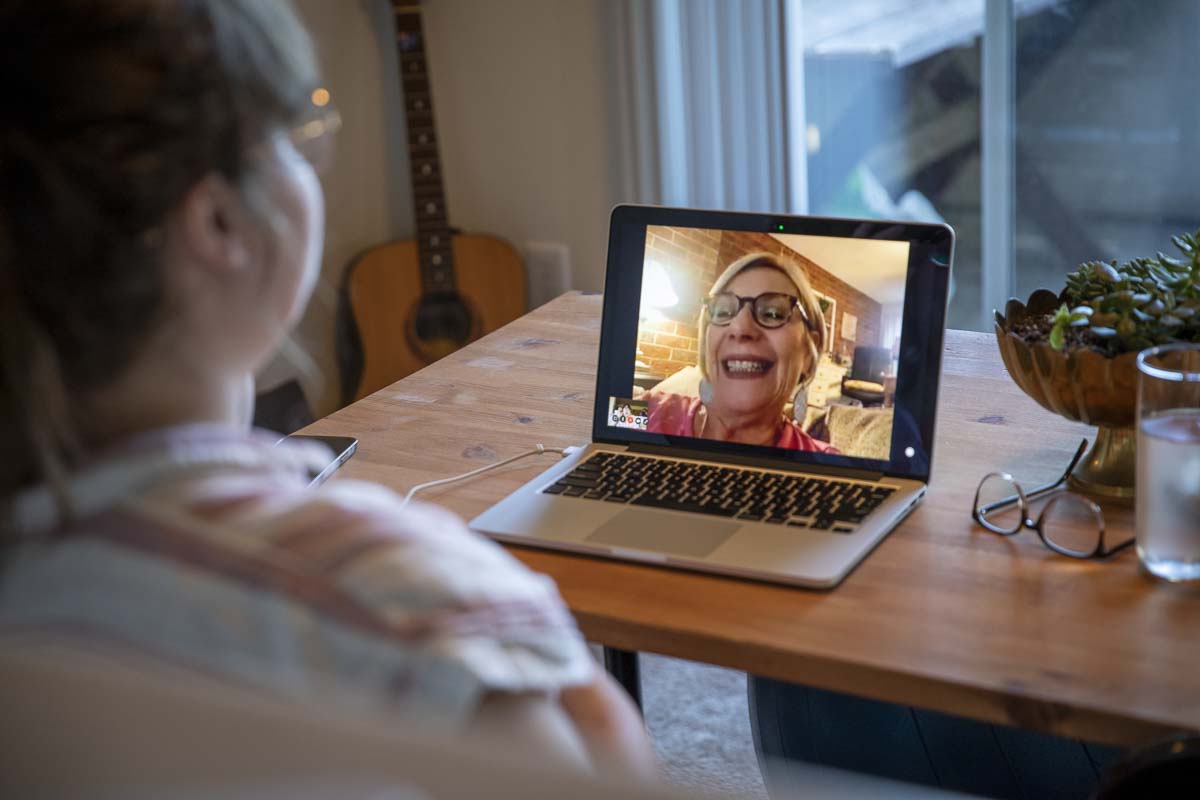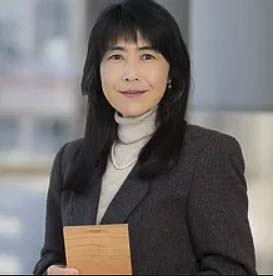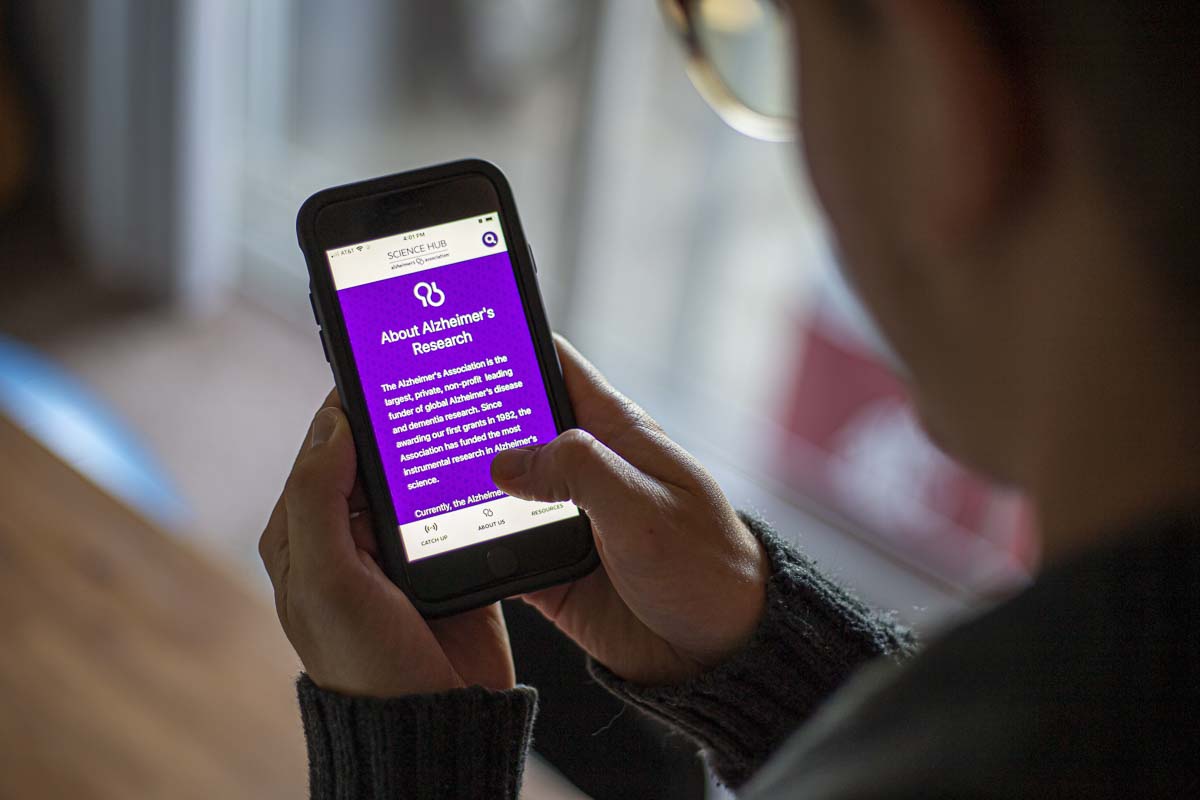Alzheimer’s Association’s international conference featured area research and promising blood test science
VANCOUVER — The search for a cure to Alzheimer’s will likely end differently than many people expect. Rather than a pill or treatment, it will certainly be a combination of many healthy practices.
These hypotheses were largely affirmed through the Alzheimer’s Association’s annual International Conference last week. The normally in-person event was moved online due to COVID-19 and subsequently drew a substantial 33,000 attendees.

Research on prevention and the cure search were major topics, and information being learned right here at home made an appearance also. Dr. Hiroko Dodge, PhD is studying at Oregon Health and Science University (OHSU) how digital conversations can help fight against the disease, and she presented some of that work last week.

“If we can delay the progression of Alzheimer’s disease even a few years, that will have a very high impact on the overall prevalence of those who are afflicted with the disease,” Dodge said. “Social interaction is very important. If people can interact more and socialize that should lift this burden of this disease in our society as a whole.”
The Oregon and Southwest Washington chapter of the association is pivotal in supporting and dispersing research like Dodge’s. They’re entire staff attended the conference last week to learn more and provide more information when working with caregivers and Alzheimer’s patients; something the entire team usually cannot do since the conference is typically in person.
In fact, people from 160 countries participated in the conference.
“Those lower and middle income countries that may not have been able to afford to journey to AAIC, we’re able to participate in a way they never have been before, due to the virtual platform of the conference,” said Heidi Rowell, the Oregon and Southwest Washington chapter program director. “It was just an incredible opportunity to really open that up to a broader audience.”
Dodge’s research at OHSU focuses on using video call technology to help socialize seniors and sharpen their minds against Alzheimers; it’s known as the Internet-based Conversational Clinical Trial, or I-CONECT. When the trials first concluded, the participants asked for them to continue well beyond the clinical testing period of six months since they found it so helpful, Dodge said.
During conversations, the researchers ask questions about whatever everyday topics come up, in a manner that helps stimulate the brain and cause the person to think harder or in different patterns than they normally would when talking about the weather, sports, etc.
“Our brains are just like a good computer, so the more network you have, you can compensate well against the possible problems,” Dodge said. “If one area is afflicted by disease, and if the other area is connected very nicely or highly functional, then you can compensate for this affected area, just like the PC with a very good network can run faster and run longer.”

In addition to the substantial efforts into preventative practices, like the video conversations, last week’s conference also solidified the possibility of a blood test for Alzheimer’s. The test should be possible up to 20 years before symptoms appear, Rowell said.
The test still needs to be replicated, and is not fully proven, but the results presented at this year’s conference are very promising, said Rowell. Pathology in Alzheimer’s is very much two pronged: healthy practices and drug treatment development.
“It’s not going to be a simple pill,” Rowell said. “We’re really looking at our health in early adulthood, even our health in adolescence in some cases. So that includes everything: your diet, your exercise, your body mass, your blood pressure, how healthy your heart is, which goes along with your blood pressure and your socialization. They’re looking at really the holistic person.”
Rowell explained that at a local level, the chapter is constantly working with caregivers and patients to emphasize what they have known and what science continues to confirm: be healthy and be social.
This has become increasingly important and exponentially difficult with the rise of the COVID-era. Pandemic protocols have put many seniors with a risk or current diagnosis of Alzheimer’s in a position of isolation and poor habits with less accountability.
The area chapter is combating this with the implementation of all of their support groups and advice resources online. Much like Dodge and her research with video calls, the association has had to make use of technology to communicate with those battling the disease.
“A really cool thing that we have now is the Alzheimer’s Association science hub app. So anyone with an iPhone or an Android can download it, it’s totally free,” Rowell said. “I actually have recommended this to my parents, because as you can imagine, anytime there’s anything in the news, or they see something on Facebook about Alzheimer’s, my mom calls me and asks me if it’s real, because there’s a ton of junk science out there.”
The Oregon and Southwest Washington chapter is currently gearing up for their annual fundraiser, the Walk to End Alzheimer’s. For information on how to sign up or how it will look with the pandemic this year, visit alz.org.




